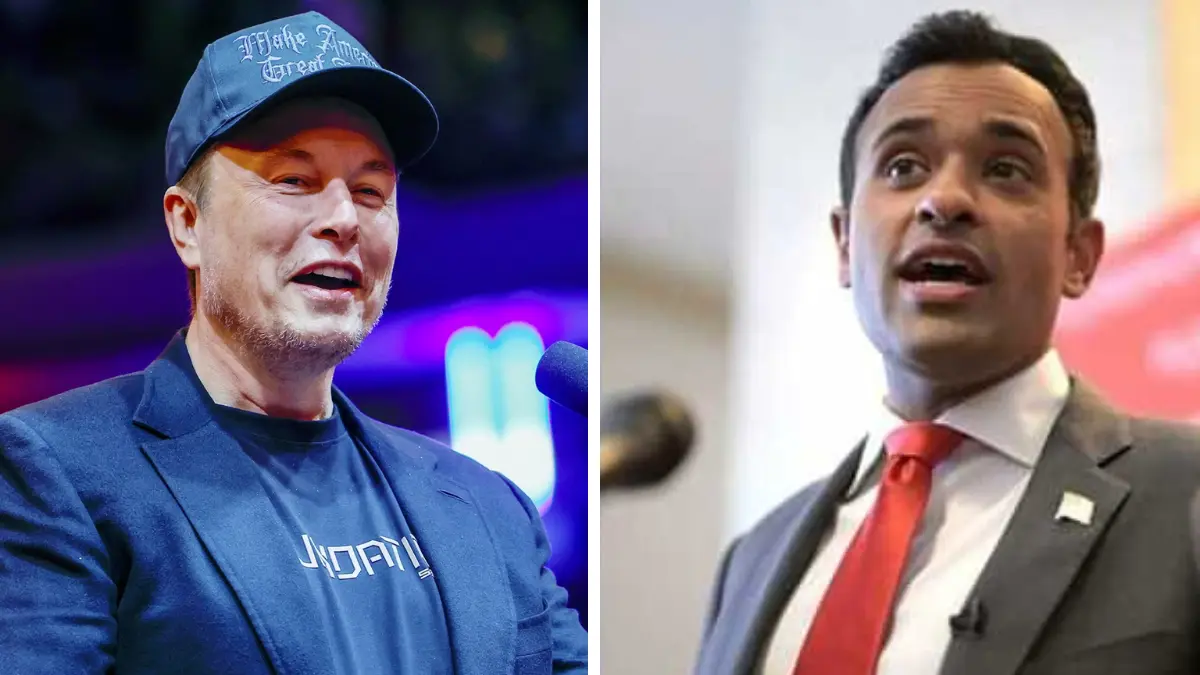
The founder of Telegram, Pavel Durov, finds himself embroiled in a complex legal battle in France. After being detained for four days, Durov was released on bail but is prohibited from leaving the country. The charges against him are serious and could have far-reaching consequences not only for Durov personally but also for the future of Telegram and the broader discourse around digital privacy and free speech. Let’s dive into the latest developments and what they mean for the tech industry and digital rights.
Release on Bail but Travel Ban Imposed
On August 30, 2024, Pavel Durov, the creator of the popular messaging app Telegram, was released on bail following his arrest at Le Bourget airport in Paris. Despite his release, Durov is barred from leaving France as he faces a series of charges related to his role in managing Telegram.
These charges primarily focus on his alleged failure to prevent illegal content from circulating on the platform. This legal restriction on his movement adds another layer of complexity to his situation, raising questions about the future of Telegram and its policies regarding user content and privacy.
Charges and Legal Proceedings
Durov’s legal woes are not merely administrative. He has been formally indicted on several serious charges, including complicity in enabling illicit transactions and failing to curb the spread of extremist and illegal content, such as child pornography and drug trafficking, on Telegram.
These accusations are based on the premise that Telegram’s policies have allowed these harmful activities to proliferate, which has drawn the scrutiny of French authorities. The indictment suggests that the French government is taking a hard stance on digital platforms’ responsibilities to regulate and monitor the content shared on their services.
Potential Consequences and Fines
The stakes are high for Pavel Durov. If convicted, he faces severe penalties, including a potential prison sentence of up to 10 years and a fine that could reach €500,000. This case is expected to be prolonged, as investigators delve deep into whether Telegram has complied with digital regulations.
The outcome of this legal battle could set a significant precedent for how tech companies are held accountable for the content that circulates on their platforms. It also raises concerns about the limits of free speech and the extent to which digital platforms should be responsible for policing illegal activities.
Political Reactions and International Concerns
The case has not only captured the attention of tech enthusiasts and privacy advocates but has also sparked international concern. The Russian government has labeled the charges against Durov as “political persecution,” suggesting that the case may have broader geopolitical implications.
Russia’s involvement and its assertion that it will closely monitor the situation underscore the international dimension of this legal battle. With Durov holding dual citizenship and having previously interacted with multiple governments, this case is now at the intersection of digital rights, international law, and political maneuvering.
Public and Industry Reactions
Within the tech community, reactions to Durov’s detention and subsequent charges have been mixed. Some see him as a staunch defender of free speech and privacy, applauding his refusal to capitulate to government demands for increased surveillance and content moderation.
Others, however, criticize Telegram’s perceived lack of sufficient moderation, which they argue has allowed illegal content to spread unchecked. Notable figures, including Elon Musk, have publicly supported Durov, using the hashtag #FreePavel to rally behind him on social media. This split in public opinion highlights the ongoing debate about the balance between privacy, security, and freedom on the internet.
Conclusion: The Future of Telegram and Digital Privacy
As Pavel Durov faces his legal challenges in France, the implications for Telegram and the broader tech industry are profound. This case could redefine the responsibilities of digital platforms concerning content moderation and user privacy. It also raises critical questions about the role of governments in regulating the digital space and the potential consequences for tech entrepreneurs who push back against regulatory pressures.
While the legal proceedings are likely to continue for some time, the world will be watching closely. The outcome could either strengthen the resolve of those advocating for privacy and free speech on digital platforms or bolster calls for stricter controls and regulations to curb illegal activities.
For now, Durov’s fight is not just a personal battle; it’s a pivotal moment for digital rights and the future of the internet. The decisions made in this case will likely echo across the tech industry, shaping policies and debates for years to come.








